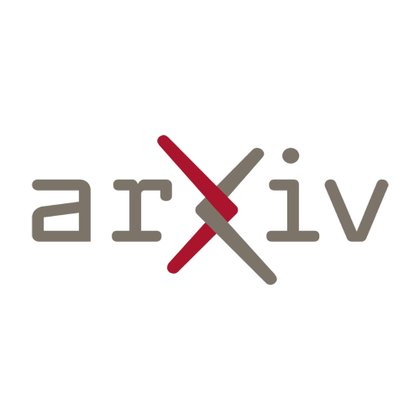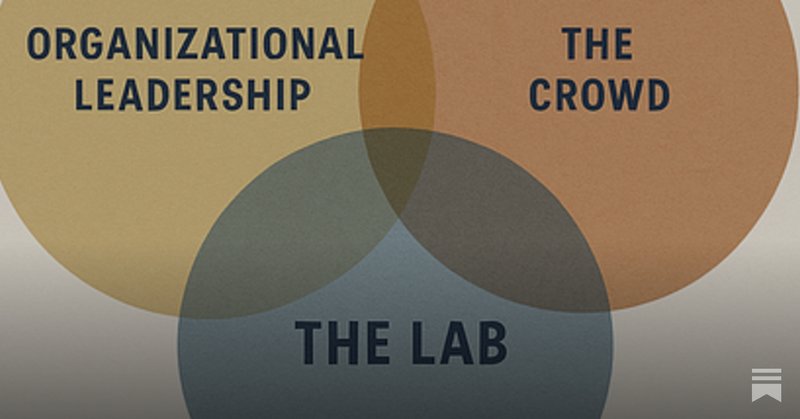
Daniel Schwarcz
@Dschwarcz
Followers
2K
Following
2K
Media
45
Statuses
3K
Fredrikson & Byron Professor, University of Minnesota Law School. Insurance law, regulation, & AI. Research available at https://t.co/3rH5BzG5mH
Minneapolis, MN
Joined August 2010
RT @burgessev: A top staffer to Sen. Tina Smith emailed Sen. Mike Lee’s top staffers on Monday about “how much additional pain you’ve cause….
0
9K
0
A new essay, presents evidence that using AI can impair users’ cognitive understanding of the underlying material.
arxiv.org
This study explores the neural and behavioral consequences of LLM-assisted essay writing. Participants were divided into three groups: LLM, Search Engine, and Brain-only (no tools). Each completed...
1
0
5
🚨 🚨The AI, Insurance Law & Regulation conference kicks off tomorrow (Friday, May 30)! Hundreds are already signed up — register now to join us virtually.
ilc.law.uconn.edu
A Conference Presented by the Insurance Law Center at UConn Law & the University of Minnesota Law School AI, Insurance Law, and Regulation Friday, May 3 ...
0
1
5
RT @SSRN: Thinking Like A Lawyer In The Age Of Generative AI: Cognitive Limits On AI Adoption Among Lawyers. This article explores why AI h….
0
1
0
This question -- why hasn’t AI had a more transformative impact on legal practice, despite compelling experimental evidence of its potential -- animates my new essay, Thinking Like a Lawyer in the Age of AI.
Individuals keep self-reporting huge gains in productivity from AI & controlled experiments in many industries keep finding these boosts are real, yet most firms are not seeing big effects. Why?. Because gaining from AI requires organizational innovation
1
0
2
RT @emollick: Individuals keep self-reporting huge gains in productivity from AI & controlled experiments in many industries keep finding t….
oneusefulthing.org
A formula for AI in companies
0
70
0
Under this principle, great AI prompts for lawyers include:.(i) Improve this paragraph.(ii) Find X in document Y.(iii) Flag ambiguities.(iv) Simplify a document I understand.(i) Summarize a legal area I know.(vi) Adapt a familiar template to a new context.
After years of studying AI & law here’s my rule of thumb: Lawyers should only use AI only when they can confidently assess, adapt & explain its output without engaging in deep, independent thinking about the core legal/factual issues. More in my new essay:
1
0
2
Confirmed speakers include @NotThatTomBaker @gabriel_weil @josephinecwolff @AnatLior @iam_gls @LauraFoggan @MikeLevine1515 @JoanSchmit @mathbabedotorg @warrisbokhari @ericgrimani @RickSwedloff and many more!.
0
1
2
🚨 Last chance to register! Tomorrow is the deadline to sign up (in-person or virtual) for this free conference on AI, Insurance Law & Regulation. Don’t miss our incredible speaker lineup—register now:
ilc.law.uconn.edu
A Conference Presented by the Insurance Law Center at UConn Law & the University of Minnesota Law School AI, Insurance Law, and Regulation Friday, May 3 ...
1
3
4
RT @richardsusskind: Daniel: thanks for this. In my new book (How To Think About AI), I explain this at least in par by distinguishing betw….
0
1
0




